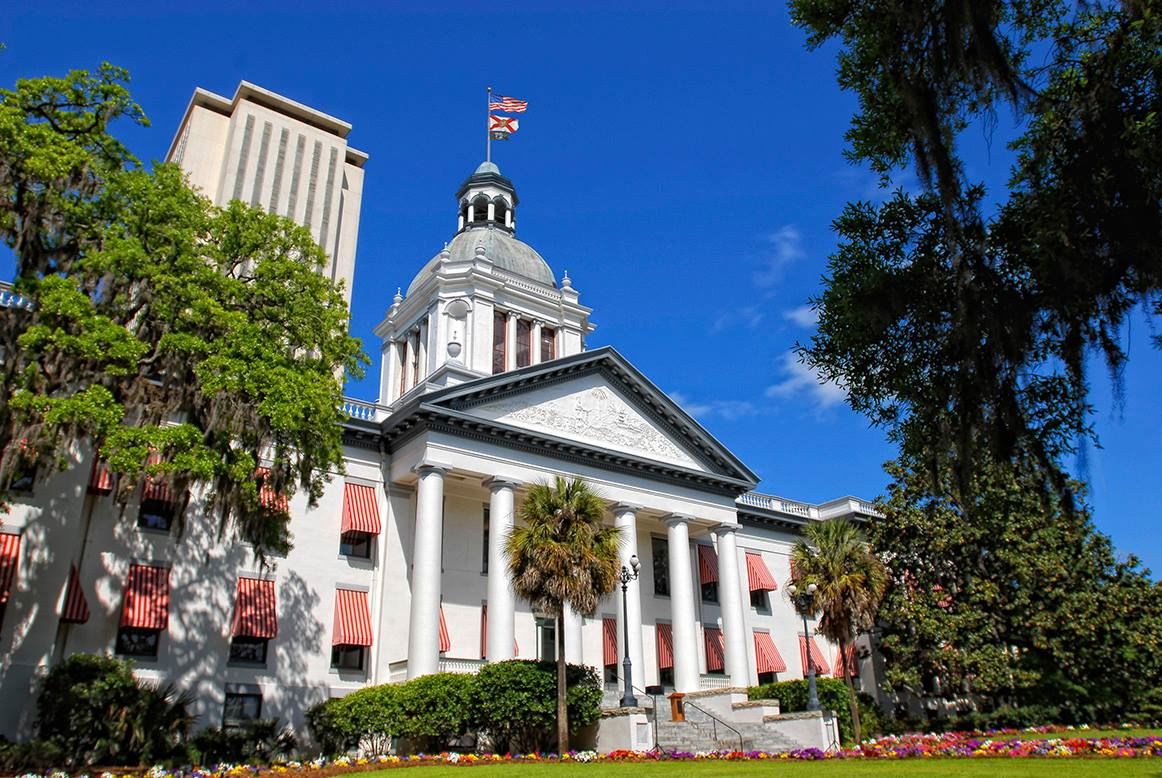
In September, Florida lawmakers returned to the Capitol to begin committee meetings for the 2020 Legislative Session. Here’s a rundown of some of the issues covered that we know are important to you.
On September 17, the Agriculture Committee received an update from the Florida Department of Agriculture and Consumer Services about hemp issues. The legislature passed SB 1020 on May 3 and it became law on July 1. The FDACS presentation highlighted points such as increasing interest in the hemp program by consumers and growers, collaboration with other government bodies for regulation, a timeline of the release of permits, and what lies ahead for farmers and best management practices. It was also announced that Fresh From Florida will be starting a hemp program to assist farmers with resources and education. After questions, representatives from hemp pilot projects at Florida A&M University and the University of Florida also shared test results with the committee.
The full meeting can be viewed here.
The Appropriations Subcommittee on Agriculture, Environment and General Government met on September 18 for presentations on the transfer of Florida’s information technology by the Department of Management Services, on Agricultural Water Policy from the Department of Agriculture and Consumer Services, and on invasive species impacts, prevention, and enforcement by the Florida Fish and Wildlife Conservation Commission.
The Director of the office of Agricultural Water Policy gave a presentation on the responsibilities of OAWP, how those tasks are carried out, and explanations for specific budget requests. Specifically, how best management practices such as Nutritional Management BMPs, Irrigation Management BMPs and Water Resource Protection BMPs, are created and how they are implemented to assist famers was discussed. A breakdown of how current and requested funding is used in research and BMP creation was also explained to the committee, as well as how hemp regulations will increase the need to employ more workers.
The Florida Fish and Wildlife Conservation Commission then gave a presentation on invasive species. The main roles of the FWC were covered, which include prevention, control and management, and research support. One important point that was briefly mentioned was the economic costs and agricultural impacts that are seen from invasive species.
A video of the meeting is provided here.
The Appropriations Committee also convened on September 18 to hear a presentation on the Long-range Financial Outlook for the state of Florida compiled by the Florida Legislature Office of Economic and Demographic. The Outlook includes economic, demographic, and debt analyses that provide a framework for financial projections and covers the upcoming three state fiscal years: 2020-21, 2021-22, and 2022-23.
In the Outlook, funding for programs within the Departments of Environmental Protection, Agriculture and Consumer Services and the Fish and Wildlife Conservation Commission include: Water Projects, Drinking Water and Wastewater Revolving Loan Programs, Florida Keys, Herbert Hoover Dike, Florida Resilient Coastlines Program, Agricultural Programs, Citrus Canker Eradication Litigation and Fish and Wildlife Conservation Programs.
Notably, the report states that, “Agriculture continues to be an important industry in Florida. Based on a three-year average, $25.5 million in nonrecurring General Revenue funds and $6.2 million from trust funds are included for each fiscal year in the Outlook. This includes funding for water quality improvement initiatives and water conservation and supply planning. Funds are also included for the replacement of critical wildfire suppression equipment, promotional campaigns for agricultural commodities, citrus greening research and citrus health management areas, agricultural promotional and educational facilities, and the distribution of food to needy families through food pantries, soup kitchens, and shelters…”
The use of General Revenue funds to support the Agricultural Emergency Eradication Trust Fund is also in the report, “Section 570.1912, Florida Statutes, requires an appropriation from the General Revenue Fund to the Agriculture Emergency Eradication Trust Fund in an amount equal to the previous year’s transfer into the trust fund from fuel tax collections. Based on the results of the August 2019 Transportation Revenue Estimating Conference, the Outlook includes nonrecurring General Revenue funds of $13.0 million in Fiscal Year 2020-21, $13.3 million in Fiscal Year 2021-22, and $13.7 million in Fiscal Year 2022-23.”
In regards to Natural Resources, funding for life and safety repairs for agricultural and wildlife conservation infrastructure located throughout the state is also mentioned. These improvements include, “state offices and laboratories, forestry wildfire prevention facilities, and state farmers markets. The Outlook includes a three-year average of $1.5 million of nonrecurring General Revenue and $4.5 million from trust funds for each of the Fiscal Years 2020-21 through 2022-23.”
The full Outlook contains a wide range of information which is available here, and the legislative meeting is viewable online here.
In the upcoming months, we will be following up with updates on legislative meetings and proposed food-related policies put forward by congress members.